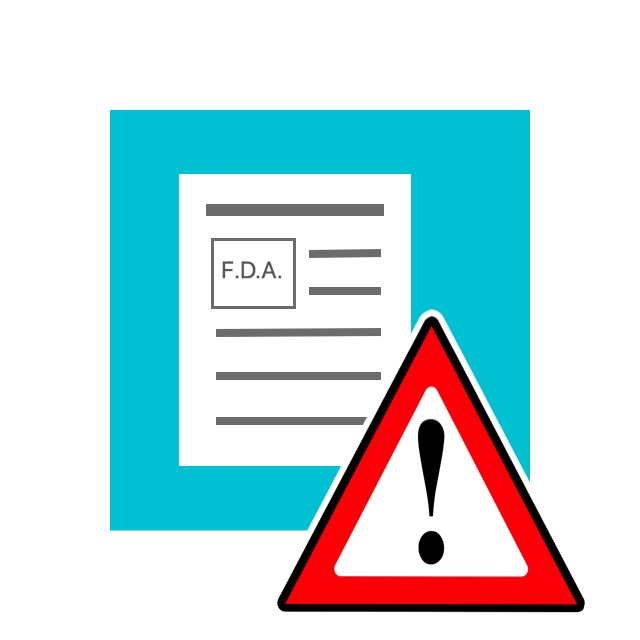
Data scheduled for presentation during the 2021 AAAAI Virtual Annual Meeting, taking place February 26-March 1, examines commercial products advertised as aids to help prevent food allergy.
READ ARTICLE HIDE ARTICLE
MILWAUKEE, WI – There are significant variances in the allergen composition, concentration, and dose per serving in commercial early allergen introduction foods (EIF), according to research being presented at the 2021 American Academy of Allergy, Asthma & Immunology (AAAAI) Virtual Annual Meeting.
While the abstract of this research was included in an online supplement to
The Journal of Allergy and Clinical Immunology
that was published February 1, the full poster (#L25) will be presented at the 2021 AAAAI Virtual Annual Meeting.
Clinical guidelines advise early introduction to peanut to potentially prevent peanut allergy. In recent years commercial EIF have been developed that contain single or multiple allergenic foods that can be given to infants. EIF are promoted to consumers and healthcare professionals as an aid to prevent food allergies from developing. Researchers analyzed extracts from 32 EIF and four control foods using a fluorescent multiplex array, which measures all major groups of food allergens.
In peanut puffs, combined peanut allergen levels of up to 24,000µg/g were measured, though peanut allergens were undetectable in the mixed food blend puffs. Allergen levels of more than 10,000µg/g were found in several EIF powders including milk, egg and peanut. Overall food blend powders, puffs, crackers and fruit sauce blends had lower levels of allergens with some having undetectable levels of allergens. The concentration of allergens in the studied EIF varied greatly.
“With commercially available products advertised as ways to introduce young children to foods that may cause an allergic reaction, we felt it was important to take a closer look at EIF to better understand the concentration of allergens in products and the risks they could pose to patients,” said study author Martin Chapman, PhD, FAAAAI. “With these findings demonstrating the sheer variability between allergen concentration, composition and even doses per serving, I feel it is important that guidelines are established so individuals can make informed decisions about EIF. This will hopefully make it easier to control risks of allergen exposure and assist us in preventing the development of food allergies.”
The American Academy of Allergy, Asthma & Immunology (AAAAI) represents allergists, asthma specialists, clinical immunologists, allied health professionals and others with a special interest in the research and treatment of allergic and immunologic diseases. Established in 1943, the AAAAI has over 7,000 members in the United States, Canada and 72 other countries. The
AAAAI’s Find an Allergist/Immunologist
service is a trusted resource to help you find a specialist close to home.
Additional Information
Food Allergy Symptoms, Diagnosis, Treatment & Management »
Learn More from AAAAI





